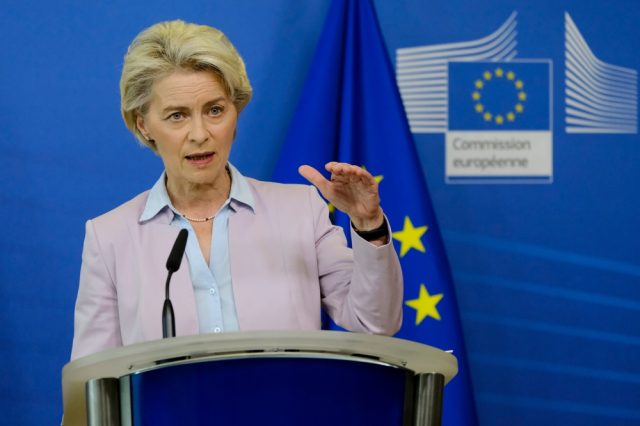
The Global Energy Transition Forum, inaugurated by European Commission President Ursula von der Leyen and International Energy Agency Executive Director Fatih Birol, has emerged as a pivotal event in addressing the challenges and opportunities of clean energy development.
Held as part of the Davos Economic Forum, this high-profile gathering has attracted key global stakeholders, including representatives from countries such as Brazil, Canada, the Democratic Republic of Congo, Kenya, South Africa, the United Arab Emirates, and the United Kingdom, alongside major businesses and investors.
The forum’s primary goal is to catalyse greater investment, foster international cooperation, and advance flagship projects essential to maintaining Europe’s global competitiveness in the energy sector.
In her opening address, von der Leyen emphasised the urgency of honouring the commitments made at COP28, where nations pledged to triple renewable energy production and double energy efficiency by 2030. However, she cautioned that the window to meet these targets is rapidly closing. To stay on track, a significant boost in investment towards renewable energy and clean technologies is essential. She underscored that global cooperation will be a cornerstone of success, as no country or region can achieve a sustainable energy transition in isolation. Von der Leyen also acknowledged that while combating climate change remains a top priority, Europe’s industrial base must not be neglected in the process, as it is fundamental to the continent’s long-term economic strength.
Von der Leyen made it clear that, despite geopolitical competition and other global pressures, Europe remains a leading power in the energy sector. She emphasised the EU’s readiness to collaborate with global partners to implement strategic solutions, noting that in times of heightened uncertainty, predictability and reliability are crucial for maintaining confidence in Europe’s energy policies.
A key focus of the forum was Africa’s untapped renewable energy potential. Von der Leyen highlighted that although Africa holds 60% of the world’s best solar resources, it receives less than 2% of global investments in clean energy. She stressed that Africa could potentially increase its renewable energy capacity fivefold by 2030, but this would require greater financial and strategic support from international partners, particularly the EU.
In line with these ambitions, von der Leyen spoke about a joint initiative with South African President Cyril Ramaphosa called “Scaling Up Renewables in Africa.” This campaign seeks to mobilise investment for renewable energy projects across the continent, raise awareness about the importance of these initiatives, and unlock financial resources that will enable African countries to expand their clean energy infrastructure.
Von der Leyen noted that encouraging progress is already being observed in Africa, with many governments adopting innovative approaches to promote clean energy. Policies such as tax exemptions, public-private partnerships, and renewable energy incentives have begun to yield tangible results. Over the past two years, investment in Africa’s clean energy sector has nearly doubled, demonstrating that with the right support and policy framework, the continent can play a crucial role in the global energy transition.
Regarding financial strategies, von der Leyen stressed the need for “smart financing” mechanisms to reduce risks and attract private capital to renewable energy projects. She outlined various solutions, including risk-reduction tools, blended finance models, and other financial instruments, all designed to make clean energy investments more attractive to private sector actors. By reducing perceived risks, these strategies aim to unlock significant new funding for renewable projects, particularly in emerging markets.
As the forum continues to gather momentum, it is poised to play a central role in shaping the global energy landscape. Through sustained cooperation and investment, the EU hopes to solidify its position as a leader in the development of renewable technologies, reinforcing its capacity to drive global progress on climate and energy security in the coming years.



 Subscribe
Subscribe